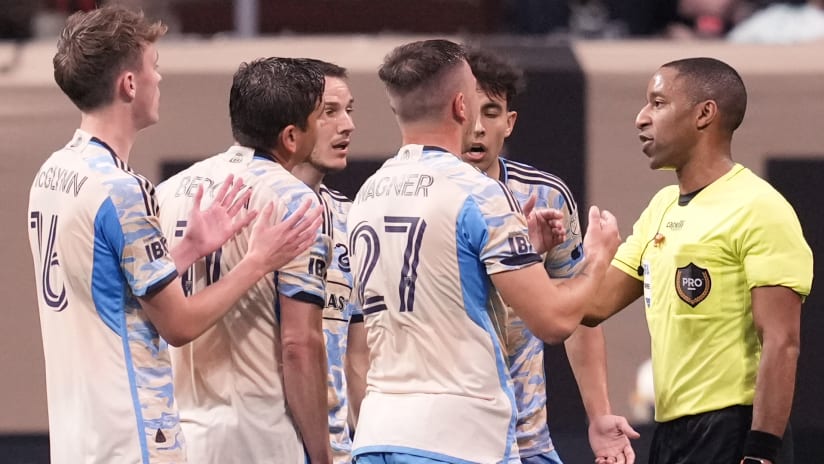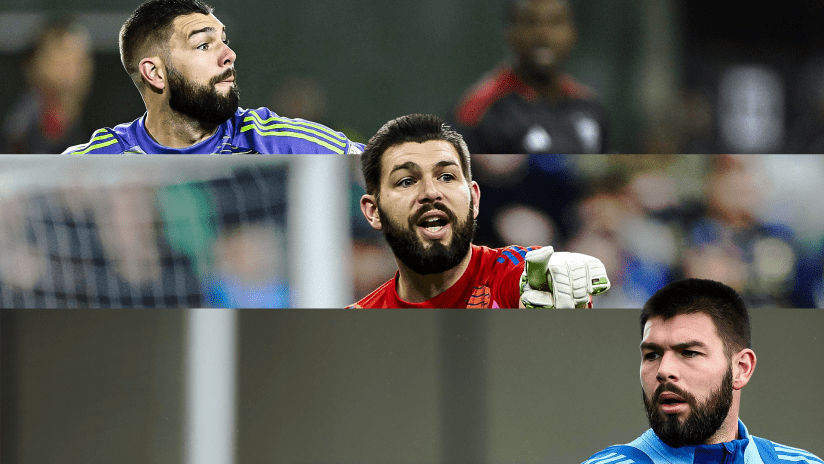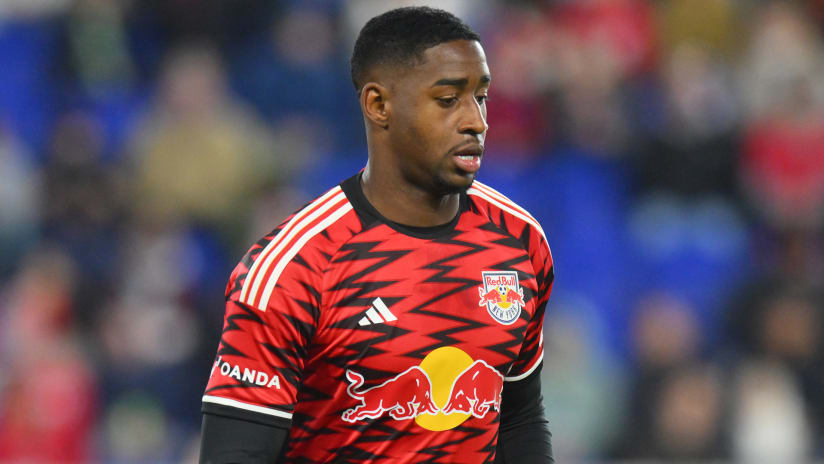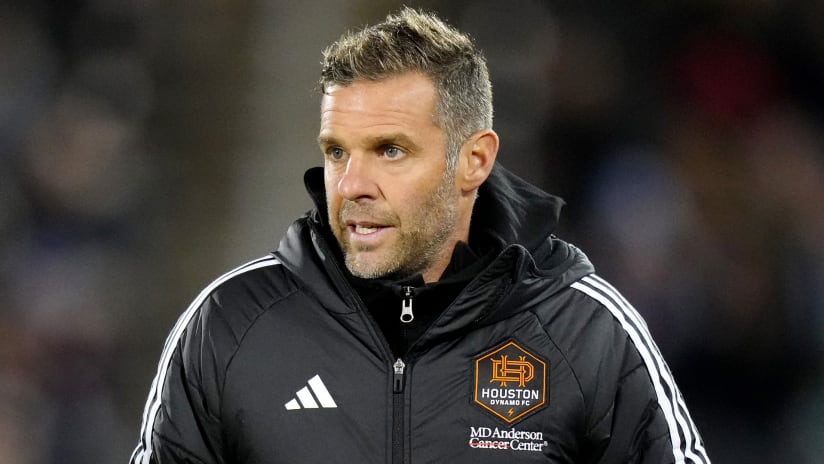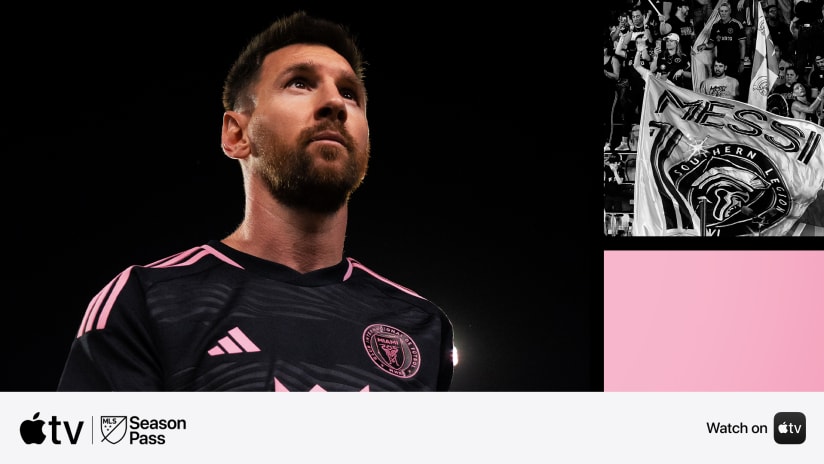BEAVERTON, Ore. – Something has looked different about the Portland Timbers lately. And that couldn’t have been more apparent in their away match Saturday against Real Salt Lake.
The Timbers “bunkered” and looked to counterattack perhaps more than they ever have under head coach Caleb Porter. The eventual 1-0 Timbers win – on a corner-kick goal from Nat Borchers deep in stoppage time – punctuated a stretch of three straight games, all clean sheets, that have seen Portland take a rather emphasized defensive stance.
One of those games – a 1-0 win over the Chicago Fire on Aug. 7 – was even at home, where the Timbers are known for being proactive in the attack behind their raucous home fans.
It’s a stark contrast to what has been frequently been expected under Porter, who took over in Portland in 2013 flashing a high-press, possession-oriented attack to the tune of a Western Conference regular season championship and trip to the Conference Championship series in the MLS Cup Playoffs.
Is it a sign that “Porterball” is dead in the Rose City, or were these recent three games just an outlier? To hear Porter say it, it seems a little bit of both.
“You look at over the course of the season, we’ve played as the dominant team in a lot of games,” Porter said at the team training facility this week ahead of Friday night’s key Western Conference matchup at home against the Houston Dynamo (11 pm ET; UniMás). “You look at our possession numbers and our passing percentages, we’re up there towards the top, and we’re typically a team that’s going to be in that position. But I think we’ve learned this year that we don’t have to be.
“And maybe it’s in some ways better not to be because, especially on the road, when you don’t have the ball and the attacking team gets forward. And you saw in that second half, [Real Salt Lake] got opened up three or four times on the counter where we should have scored and where we actually got the goal.”
There wasn’t one specific thing that influenced the shift – there were three.
Before a scoreless draw on the road against the San Jose Earthquakes on Aug. 2, Portland suffered three straight lopsided league results on the road: 4-1 to FC Dallas on July 25, 3-0 vs. Philadelphia Union on July 11 and 5-0 vs. LA Galaxy on June 24.
Being on the wrong side of a 12-1 scoreline would be enough to shift anyone’s tactical thinking.
“Our road form, we were not happy with, which maybe meant that we needed to look at our approach and adapt,” Porter said. “And you look at our last two road games, both clean sheets, and we got four points out of the two games. That’s a lot better than losing 5-0 and 4-1 in two games, and 3-0, so we’ll take that three points over what I thought at times vs. Dallas and what I thought at times vs. LA was some great football and losing 4-1 and 5-0. We’ll take the three points.”
Timbers fans probably shouldn’t get used to seeing games as drastic as the RSL victory, though. Portland were overrun in the first half and were lucky, according to Porter, to have escaped to the halftime break having not conceded a goal.
It was the second half that was much better, Porter said, when they fired off five shots on goal, including the game winner, in a more proactive sit-and-counter strategy.
In the end, though, their 35.3-percent possession rate was Portland’s lowest in the Porter era. Against Chicago, the Timbers had just 45.6 percent of the ball.
“Listen, in both those games we probably absorbed more than we wanted to,” Porter said. “… You obviously put out a plan, but then the game goes how it goes, and you have to always factor in the opponent. [RSL] came out very aggressively, they were getting at times seven players forward in the attack, so that means we have to have at least eight back.
“So we almost, because they were on top of us and giving the ball away, we had to kind of sit deeper because we weren’t able to get up the field.”
- Get more PTFC news at Timbers.com
Porter said he was proud of how his group dealt with the intense pressure and their ability to get forward more effectively after the break.
“You can build on that because there are going to be games where we absorb and are up against it and things aren’t going our way, and good teams will fight through it, and I thought we fought through it,” Porter said. “Second half, our fitness showed, our mental toughness showed.”
The recent run may not signal the complete demise of Porter’s high-flying attack, but it’s safe to say that’s not always going to be the equation when the men in green and gold step onto the field.
And there will likely always be a part of Porter that wants to see his players flying forward.
“We need to get the attack going a little bit more,” he said. “But like I’ve been saying, if we win every game 1-0 I’ll take it.”
Dan Itel covers the Timbers for MLSsoccer.com.


